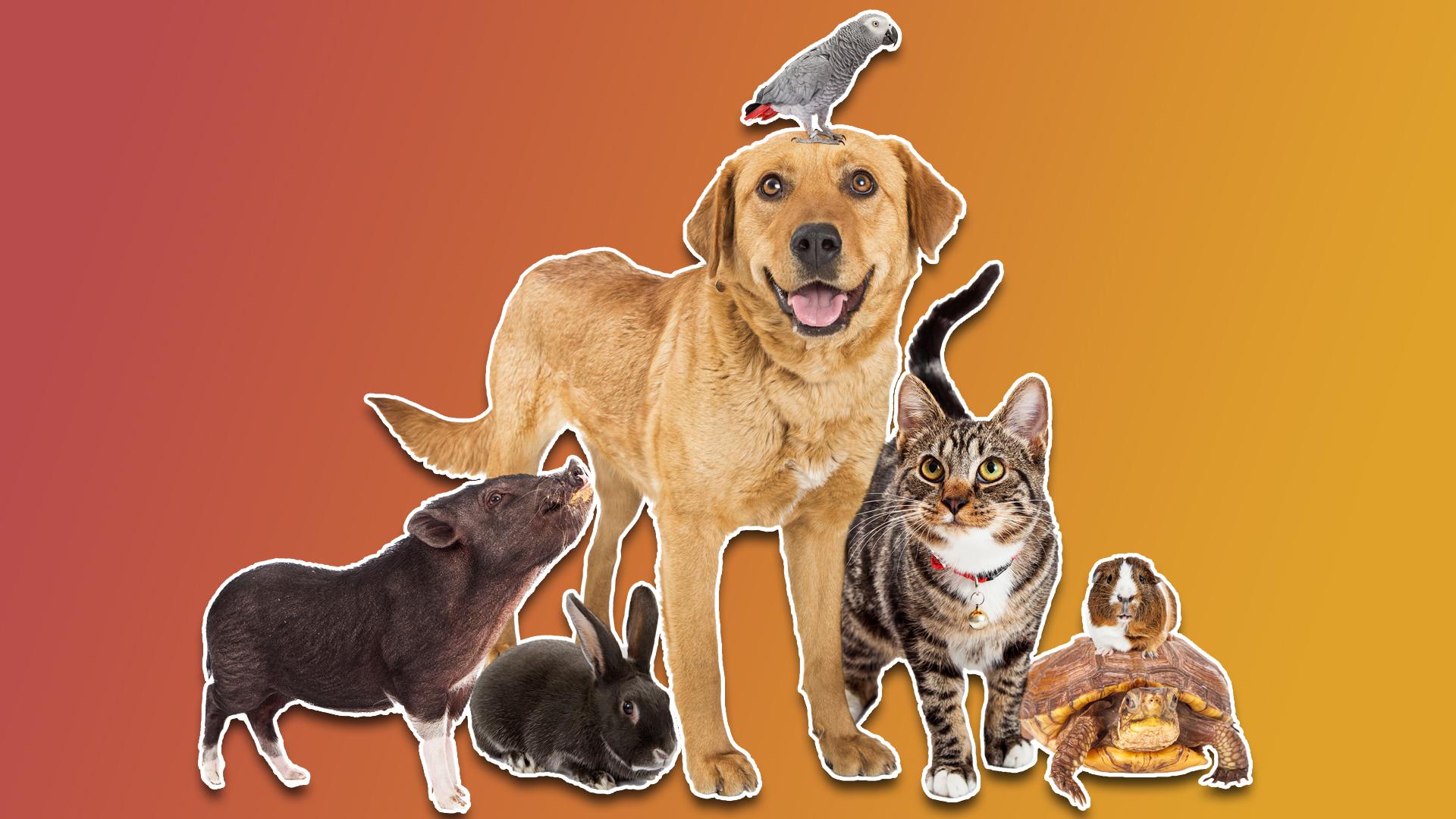Animal food: How to look after local wildlife when you're out for a walk
- Published
- comments
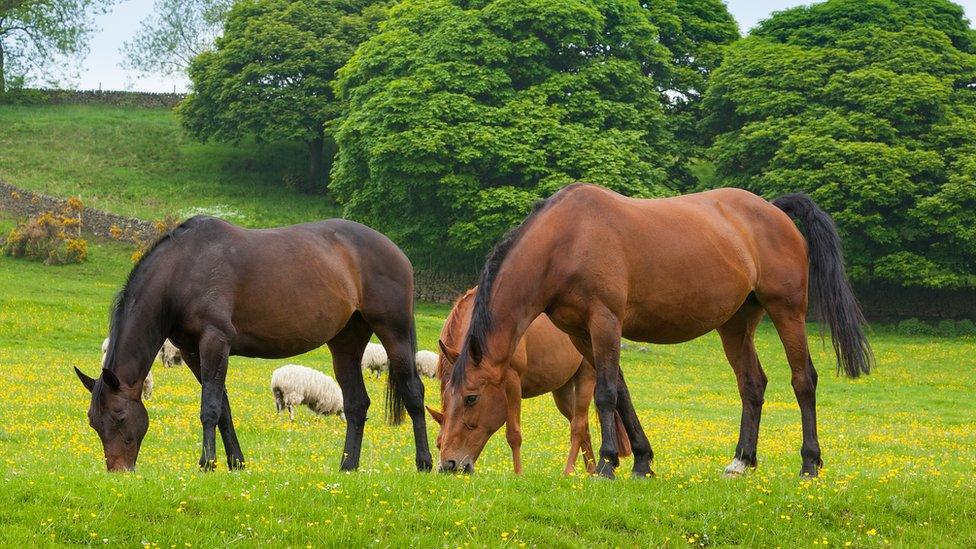
When you're out exercising on a daily walk, run or cycle do you stop and feed animals that you see? Do you know what you should be feeding them?
Last week, in Worcestershire, two Shetland ponies became very ill, and it is believed that the ponies may have been given some food by people walking past the field.
A local rescue centre has been looking after the two ponies, watching them and checking they are responding to medication and care. One pony is recovering however the other one is still poorly.
They are being carefully monitored to help them get better.
So if the horses were fed something that has hurt them, what should we be feeding horses.
What can you feed horses?
Seranna Barnett works at the centre, and she explained: "Don't feed them at all unless you have the owners permission, this is the safest option."
Horses can have carrots or apples but just like humans they can choke on them if they aren't cut correctly. Horses may also have dental problems or intolerances like us, so Seranna suggests checking with the owners to find out what you can give them.
Some foods that you might think are safe, can actually be harmful such as bread or cauliflower; "Horses have a delicate digestive system," warned Seranna.
With many of us out in our local areas more than usual, we might think it's a nice idea to feed the horses, toss bread to ducks or leave out nuts for squirrels. But are we giving the animals the right food? We've spoken to animal charities to get their advice on what best to feed animals when you're out and about.
Ducks
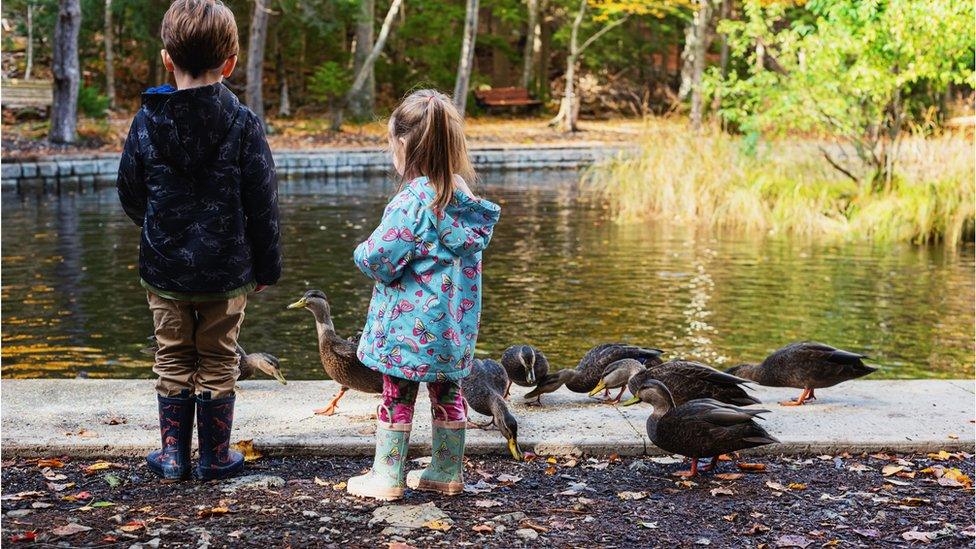
Many of you might have fed the ducks at your local pond, but what did you feed them?
According to Canal and River Trust giving bread to ducks isn't good because it isn't very nutritional and will fill up their stomachs so they stop foraging for foods they would naturally eat.
Oats - flapjacks or even porridge oats
Seeds - these are very nutritious
Lettuce - rip up the pieces and give to the ducks
Rice - cooked or uncooked are both fine
Frozen peas - you don't need to cook them but make sure they are defrosted
Canal and River Trust said: "Feeding the ducks - and the coots, and the geese! - is a great way to cheer yourself up, and make the birds happy too. Just like us, ducks need a balanced diet, and some food is better for them than others. Oats, seeds, and rice are great choices, and they also love a handful of peas."
Squirrels
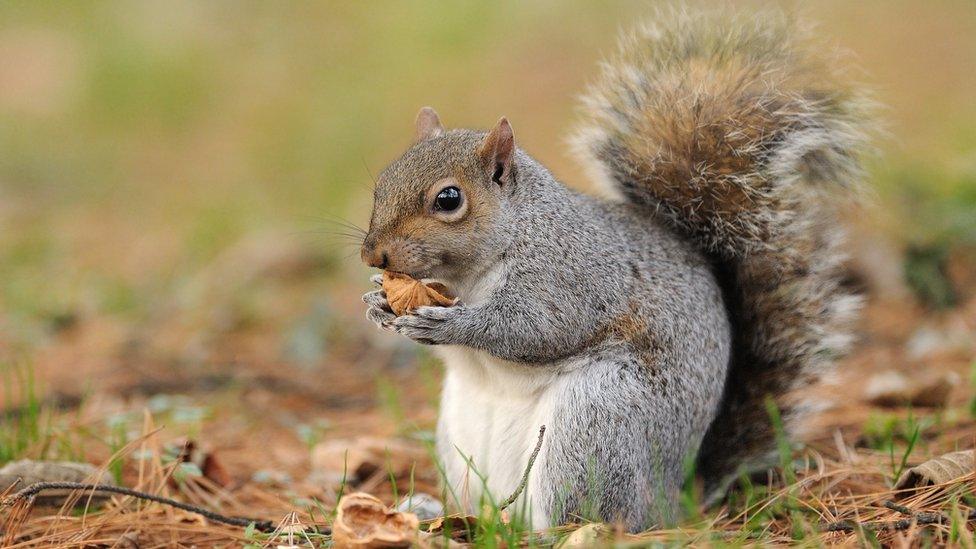
Do you see lots of grey squirrels on your walk or even in your garden? Do you know what food they like to eat?
Before feeding squirrels the RSPCA advises that you check with your neighbours beforehand in case it could cause problems. By giving them food they might become too reliant on these food sources and may increase the local population beyond its natural capacity.
Also by providing food for squirrels you may put them in danger by encouraging them to cross roads or eating from feeders that make them vulnerable to cats.
If you do want to feed squirrels they like hazelnuts, walnuts and almonds.
Chopped apple
Carrots
Spinach
Green beans
Celery
RSPCA also tell us to enjoy wildlife from a distance and don't try to hand feed or handle squirrels as this will make it difficult for them to survive in the wild.
Birds
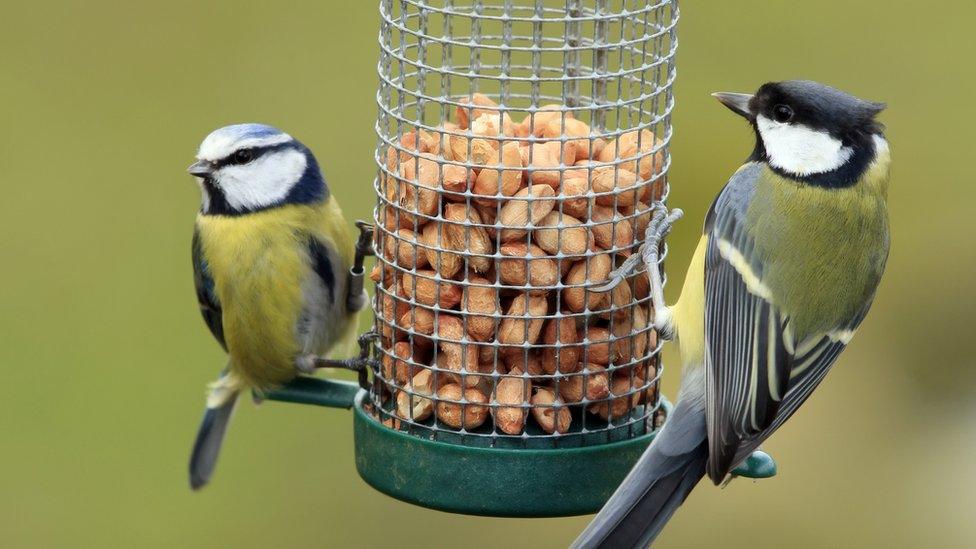
You may already have seen lots of garden birds if you have a bird table or hanging feeder. If you're looking to attract and help out more birds then check out what to feed them.
Apples and pears
Seeds and grains like oats and sunflower seeds
Cooked pasta or rice
The RSPCA said: "Food is often hard for wild animals to find at this time of year, so leaving out small amounts of food for birds and wild animals is a great way of helping them through the next few months until spring. You can leave areas of your garden 'wild' with long grass and lots of fallen leaves to provide shelter for wildlife and encourage insects and spiders."
Let us know in the comments below if you've learnt what foods animals should have.
- Published13 December 2022
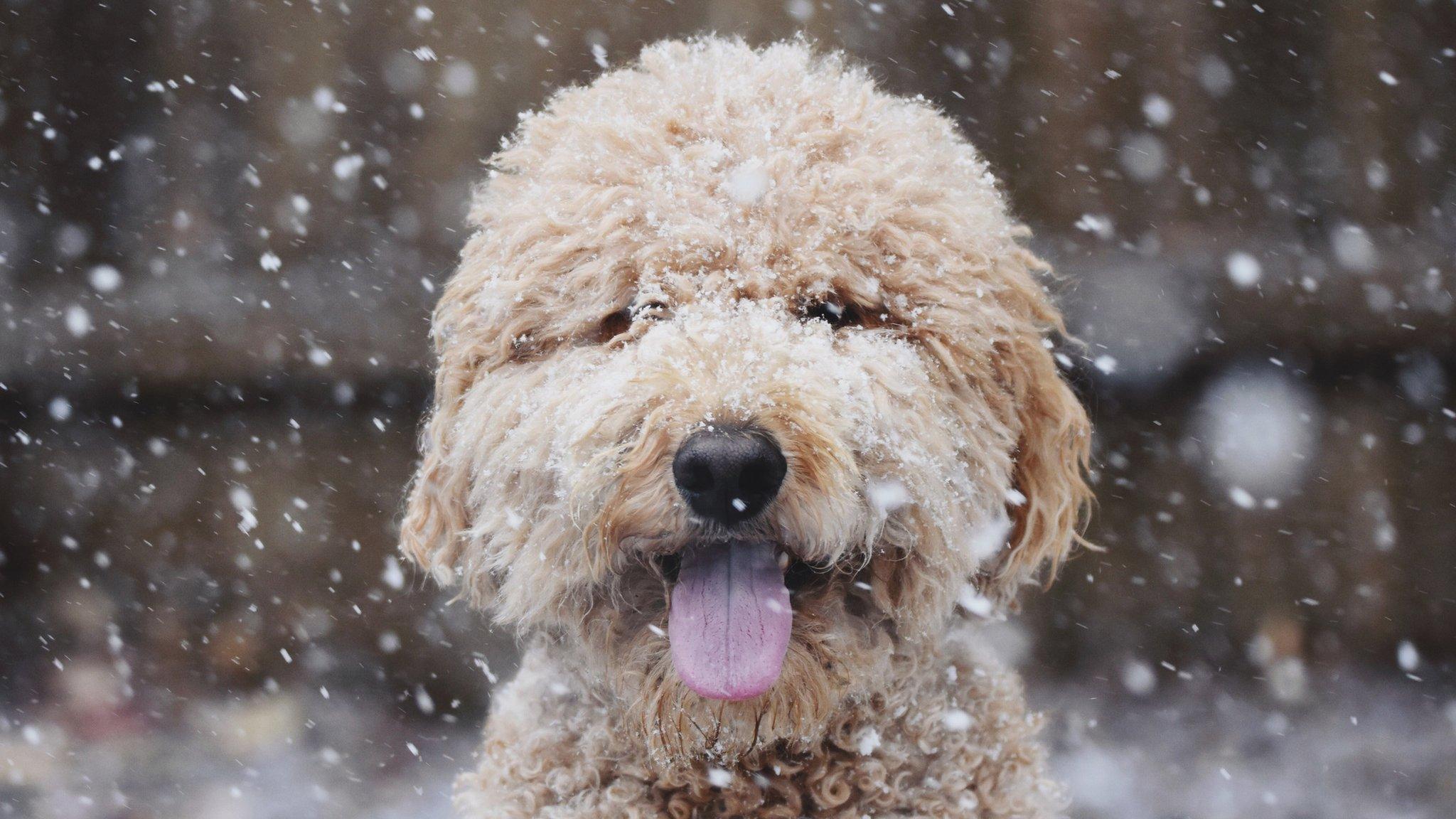
- Published23 April 2019
